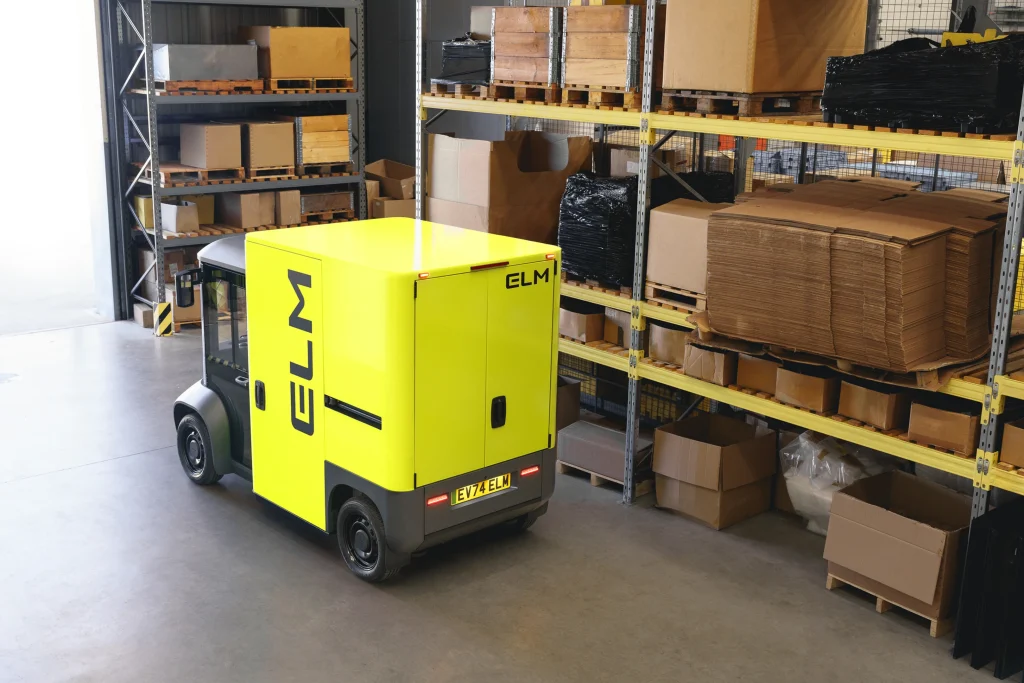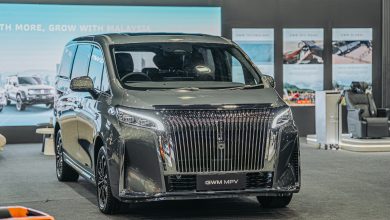Prodrive Went From Building Rally Cars To One-Man Delivery Vans
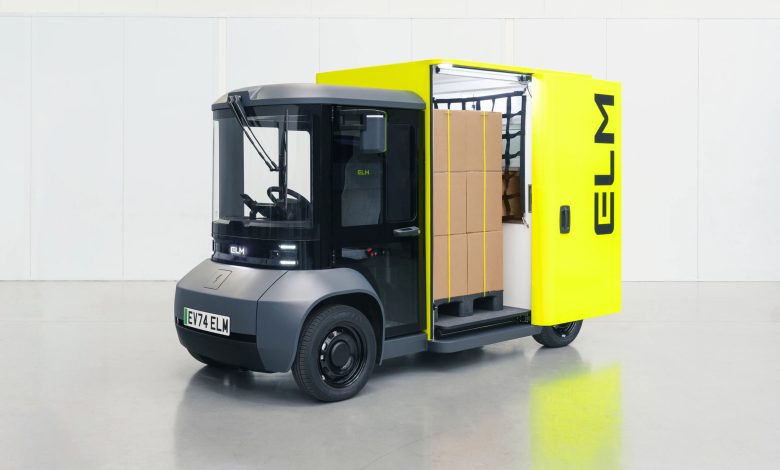
The Prodrive co-developed Evolv is a single-seat micro delivery van that can carry up to 500 kg of cargo.
Think Prodrive and the first thought that most (admittedly petrolheads) will have in their heads is to be of a blue 555-liveried Subaru Impreza, with the late great Colin McRace absolutely hustling it through a rally stage. This UK-based engineering firm was after all the people that was behind the Japanese automaker’s long string of WRC successes back in the late 90s and early 00s, not to mention too helping develop several Le Mans and Dakar racers.

Though much like how Gordon Murray went from designing the McLaren F1 to coming out with the T.25 three-seat city car concept early in the prior decade, it now does appear that Prodrive themselves are in a similar sort of mass-market eco mobility phase. Such is as just after finishing off their stunning P25 Subaru 22B restomod, they have since recently revealed this dinky little all-electric one-man delivery van.
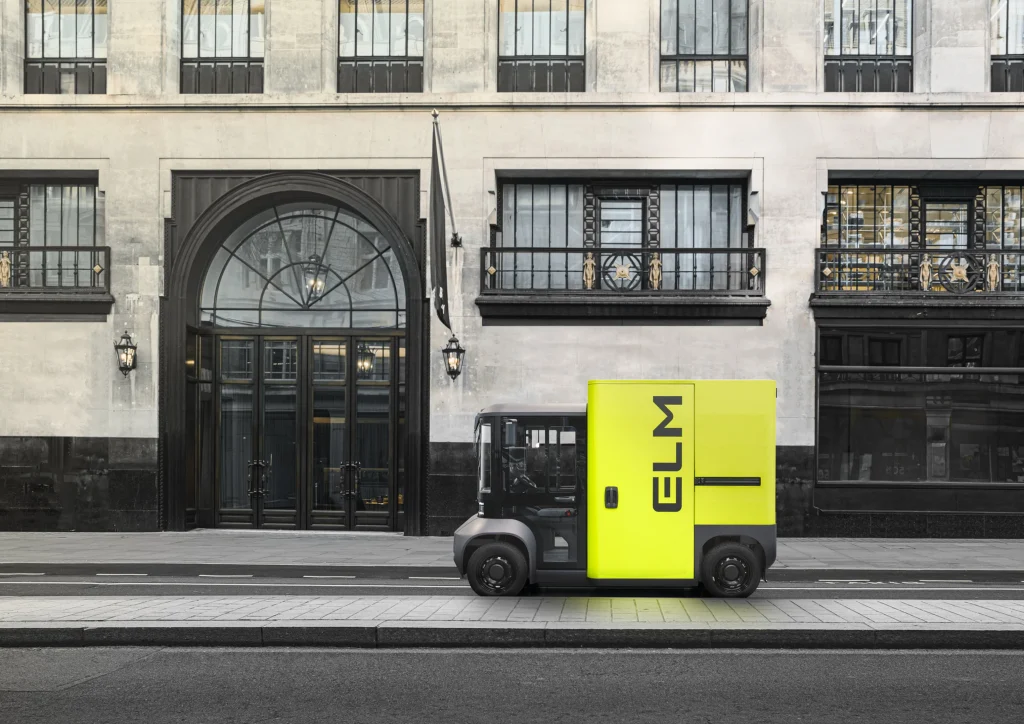
Dubbed the Evolv, this e-van is to be the first product from Elm Mobility, a joint development project between Prodrive and Astheimer Design. And as most can already likely tell from how it looks, the primary purpose of this interesting-looking cargo hauler is to serve as a last-mile delivery vehicle for urban environments.
Classified in Europe as an L7e quadricycle, the 850 kg Evolv measures 3.24 m long and only 1.54 m. Though perhaps more impressive with this tiny van’s dimensions is that 60% of its volume is given over to carrying cargo, for which it is interestingly spread over two compartments.
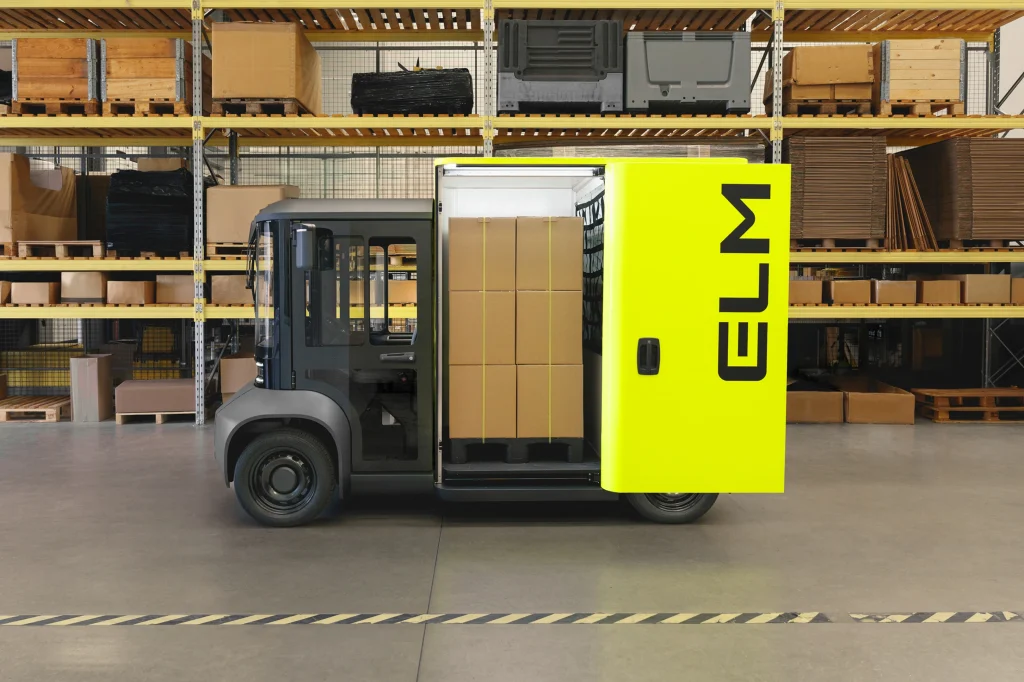
The van’s main cargo area in its middle section is said to accommodate a Euro-sized pallet of up to 1.6 m tall and weighing more than 300 kg, while another 1.2 m tall, 200 kg pallet can be chucked into its secondary space that is accessed from the barn doors round its rear. Its makers currently further claims that the final production van will be available in many different forms to suit the specific needs of its buyer, with Elm having apparently also designed an optional pallet truck storable within the van to further simplify last-metre deliveries.
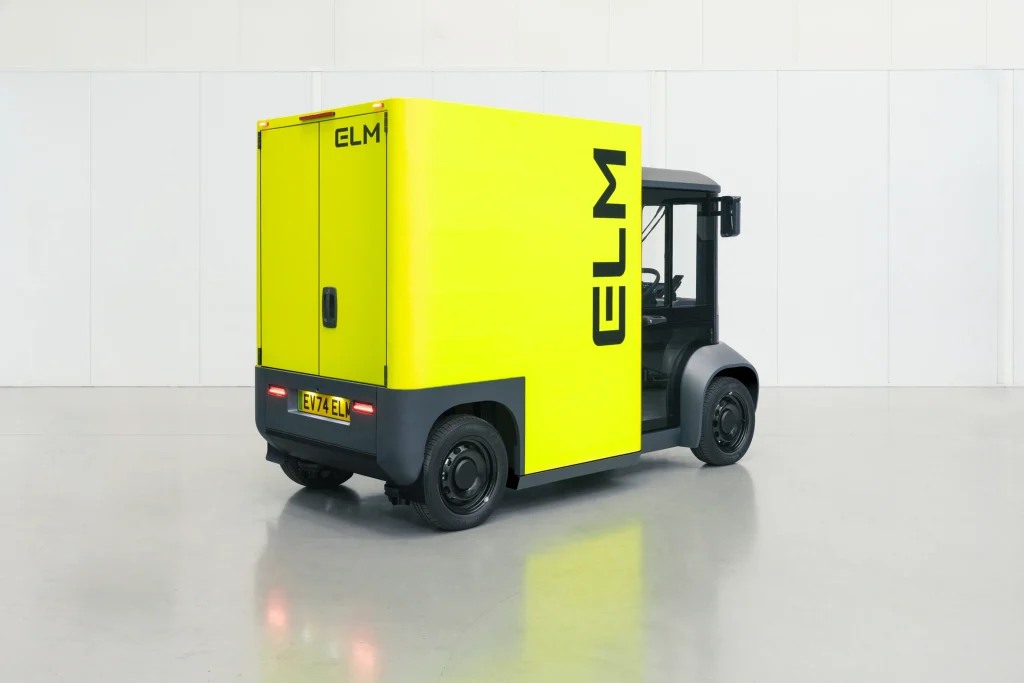
Moving onto what lies ahead of the Evolv’s cargo area now, the driver sits in a single-seat cabin with a huge wraparound windshield and full-length glass doors for maximum visibility. What little exterior panels on this e-van that is not see through meanwhile has been made from hardy modular panels, to help it better survive a future life spent weathering the brutal city streets.
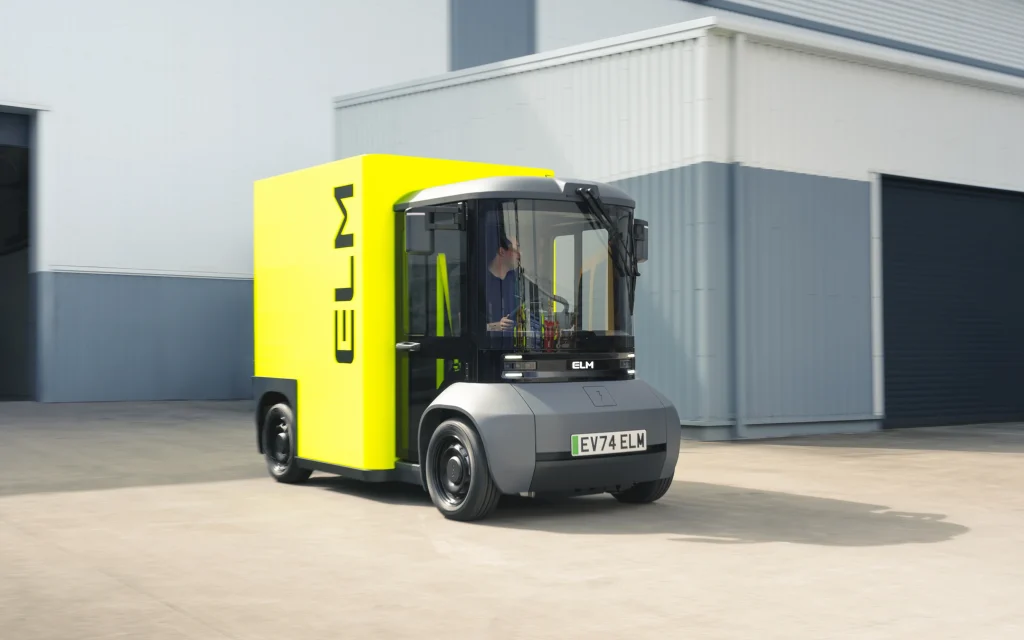
As this is still very much a concept thus far, powertrain specs for the Evolv are still in the proposal stages right now. What has been envisioned though is it to feature a 20 kWh battery pack that yields a 160 km of range and a two-hour 20-80% top up time from a level 2 charger, while performance targets for this e-van is for it to manage a top speed of 80 km/h.
Other interesting factoids worth highlighting here regarding the Evolv is for its skateboard chassis is supposedly designed to pass small van safety standards in Europe, while this small van also apparently will pack a similarly minute turning circle of just 7.8 metres. Incidentally, thanks to its central driving position, the company is envisioning to save cost from having to tool-up for both left- and right-hand production.
And conveniently on the mention of cost, the Evolv is currently envisioned to cost from £25,000 (RM 110,000) when sales begin in 2028. The project has claimed that it intends to make 10,000 of these e-vans by 2030, with it apparently to currently be working with an investor in the US to bring a small fleet of these primarily Euro-based enclosed quadricycles Stateside as well.
